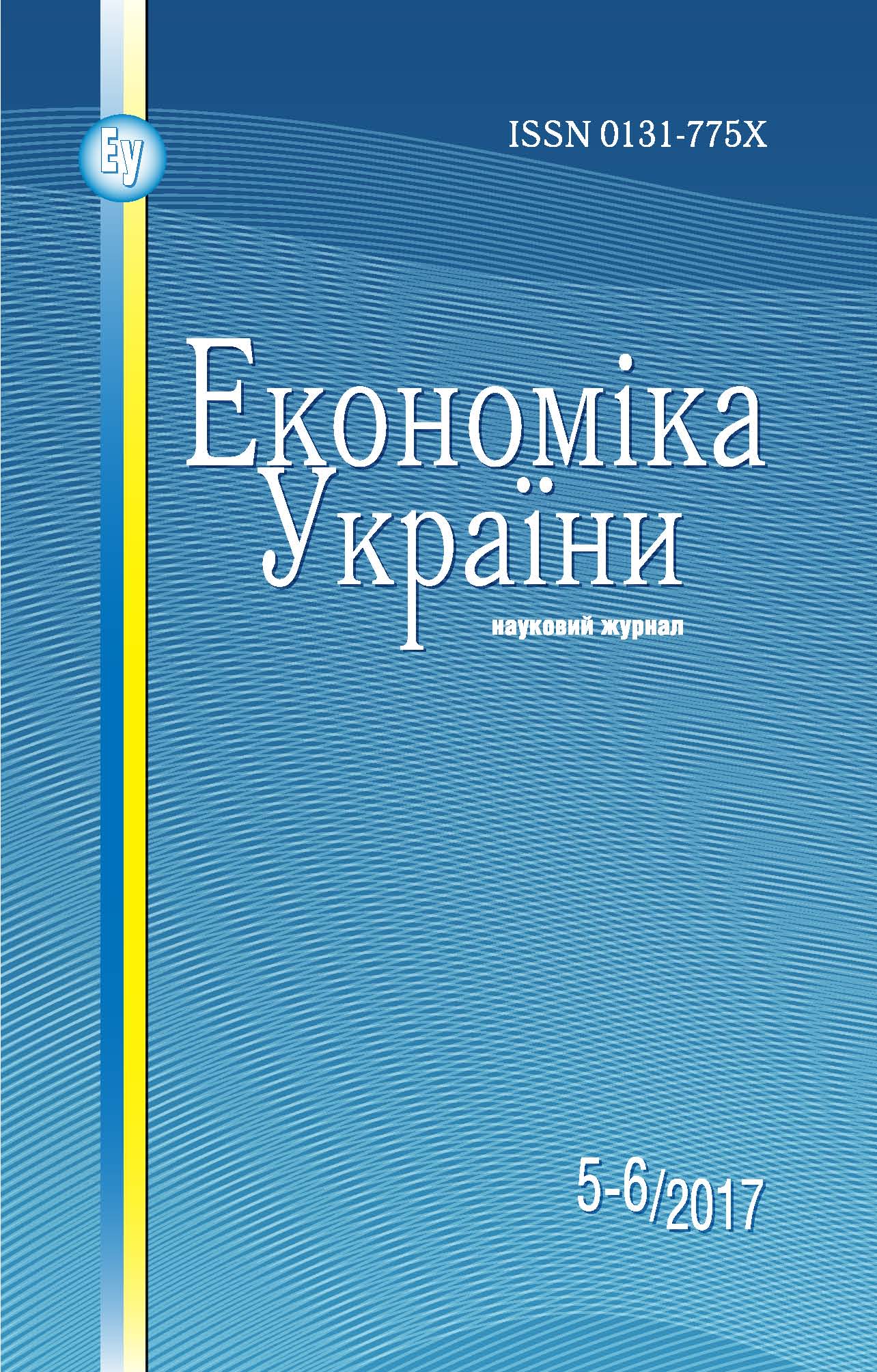GLOBAL ECONOMIC LEADERSHIP IN THE CONTEXT OF VALUE ANALYSIS
Abstract
Under the influence of political and economic initiatives of newly-elected US president and his administration, discussions on transforming the existing world order intensified significantly within intellectual circles. A denoted reformatting of forces and centers of global political and economic influence is associated with the strengthening of China's position in the global economic space. At the same time, the American political elite have no consent on the strategy concerning the Middle Kingdom, and, consequently, a split of views is brewing. In turn, this shows that the positions of the current global leaders are weakening; they are less able to intelligently organize not only the global economic space, but also the system of their own intra-economic relations. Under these conditions, the “monolithic” monotonicity of the “Chinese project”, backed by obvious economic achievements, could prove to be very in demand in the world.
However, the strongest argument in favor of the ability of a certain people to come out with a global historical mission is the continuous spiritual work of his outstanding thinkers. In this respect, China has something to rely on, because its value baggage was created during several millennia of civilizational development. At the turn of the XIX-XX centuries, huge intellectual efforts were made to rethink and modernize the historical heritage, crystallize the value doctrine of Chinese society and substantiate the universal significance of Confucian doctrine to the world.
Meanwhile, China's original value doctrine remains traditional. It is of a sociological and philosophical character and today needs further modernization - economic-theoretical rethinking. In this regard, China, with all the depth of its moral and ethical teachings, cannot claim the place of an unconditional global leader. Despite its growing economic strength from year to year, it is not in itself, but the ideological preferences of the West, (in particular the US as a center for professional economic research and the methodological monopolist of the mainstream), cause the global economic hegemony
References
Gospodstvo Kitaya. K chemu vedet politika Trampa [The domination of China. What is the policy of Trump]. Korrespondent – Correspondent, 2017, January 30, available at: korrespondent.net/world/3807903-hospodstvo-kytaia-k-chemu-vedet-polytyka-trampa [in Russian].
Stena, a ne strela. Pustuyushchii postament mogushchestva [The wall, not the Arrow. The empty plinth of power]. 2008, September 25, available at: conspirology.livejournal.com/3016.html [in Russian].
Kissinger Н. On China. N.Y., Penguin Press, 2011.
Friedberg A.L. A Contest for Supremacy: China, America and the Struggle for Mastery in Asia. N.Y., W.W. Norton and Company, 2011.
Nathan A.J. Chego khochet Kitai? [China’s search for security], available at: www.globalaffairs.ru/book/Chego-khochet-Kitai-15369 [in Russian].
Berger Ya.M. Ekonomicheskaya Strategiya Kitaya [China's Economic Strategy]. Moscow, Forum, 2009 [in Russian].
Rumayntsev E. Drugoi ugol zreniya. Kak v KNR teper’ vidyat Vtoruyu mirovuyu voynu [How the Second World War is now viewed in PRC]. Rossiya v global’noi politike – Russia in global affairs, 2015, No. 5, pp. 101–113 [in Russian].
Martynov D.E. “Utopiya” Zapada i “Velikoe Edinenie” Kitaya: k probleme retseptsii i evolyutsii terminologii [“Utopia” of the West and “Great Unity” of China: to the problem of reception and evolution of terminology]. Voprosy filosofii – Questions of philosophy, 2010, No. 7, pp. 137–148 [in Russian].
Vasil’ev L.S. Problema tszin tyan’, v: Kitai. Yaponiya: Istoriya i Filologiya [The Jing Tien Problem, in: China. Japan: History and Philology]. Moscow, PH of oriental literature, 1961, pp. 24-38 [in Russian].
Mikheev V., Lukonin S., Jeh S. Kitai: rezhim lichnoi vlasti i novaya pyatiletka [China: Personal Power Regime and New Five-Year Plan]. Mirovaya ekonomika i mezhdunarodnye otnosheniya – World Eсonomy and International Relations, 2016, No. 10, pp. 5–16 [in Russian].
Artomova T.I. Stoimost’ i Tsena: Logiko-Istoricheskii Protsess Formoobrazovaniya [Cost and Price: Logical-Historical Process of Shaping]. Kyiv, Osnova, 2006 [in Russian].
Gritsenko A. Struktura rynochnoi transformatsii inversionnogo tipa [Structure of market transformation of the inversion type]. Ekonomika Ukrainy – Economy of Ukraine, 1997, No. 1, pp. 4–10 [in Russian].
Ol’sevich Yu. K relyativistskoi ekonomicheskoi teorii [To the relativistic economic theory]. Voprosy Ekonomiki – Questions of Economy, 1995, No. 6, pp. 4–14 [in Russian].
Downloads
Published
How to Cite
Issue
Section
License
Copyright (c) 2024 Economy of Ukraine

This work is licensed under a Creative Commons Attribution-NonCommercial-NoDerivatives 4.0 International License.



